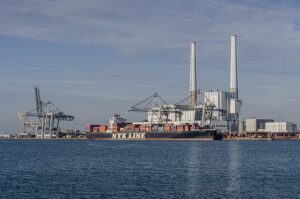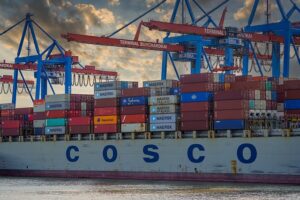The foldable shipping container revolutionizes logistics by transforming from compact structures to full-sized cargo carriers, addressing space optimization challenges, especially in urban areas with premium real estate. Advanced engineering enables quick folding for maximum warehouse, port, and vessel storage efficiency. Customizable sizes and ISO-compliant design make them suitable for short-term storage, transportation, and intermodal shipping. Cost-effective and versatile, these containers streamline logistics through rental or leasing options, simplifying international trade while meeting diverse industry needs.
In today’s world, space optimization is key, especially with the ever-growing demand for efficient logistics. Enter foldable shipping containers—a revolutionary game-changer in the industry. This innovative concept transforms traditional containers into compact, space-saving solutions when not in use.
This article explores the rise of these cutting-edge containers, their unique folding mechanics, and the vast benefits they offer, from reduced storage costs to enhanced versatility for various applications.
- The Rise of Foldable Shipping Containers: A Revolution in Space-Saving Solutions
- How Do These Containers Work? Unfolding the Mechanics
- Benefits and Applications: Transforming Logistics and Storage
The Rise of Foldable Shipping Containers: A Revolution in Space-Saving Solutions
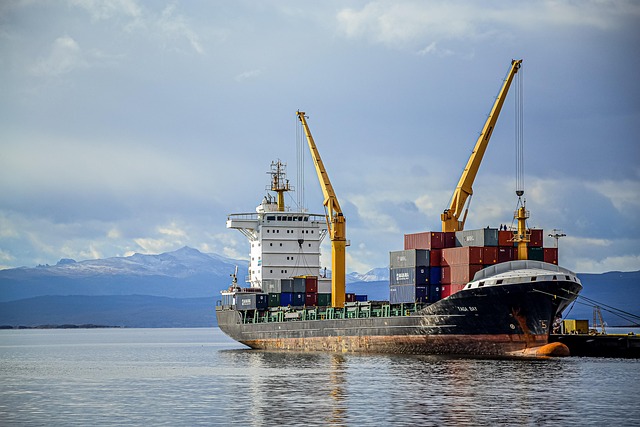
The concept of foldable shipping containers has emerged as a game-changer in the logistics and supply chain sector, offering an innovative solution to space optimization challenges. This revolutionary idea transforms the traditional sturdy cargo shipping containers into compact, easily foldable structures when not in use. The rise of these space-saving containers is a direct response to the growing demand for efficient storage and transportation solutions, especially in dense urban areas where real estate is premium.
By employing advanced engineering techniques, manufacturers have developed intermodal shipping containers that can be quickly folded down to a fraction of their original size, providing an unparalleled level of flexibility. This feature allows for optimal utilization of space in warehouses, ports, and even on transportation vessels. With various sizes and capacities available, from ISO shipping containers to larger models, businesses now have the freedom to choose and customize according to their specific needs. The versatility extends further with modifications and accessories that cater to unique shipping container rental or leasing requirements, ensuring a tailored fit for diverse industries.
How Do These Containers Work? Unfolding the Mechanics
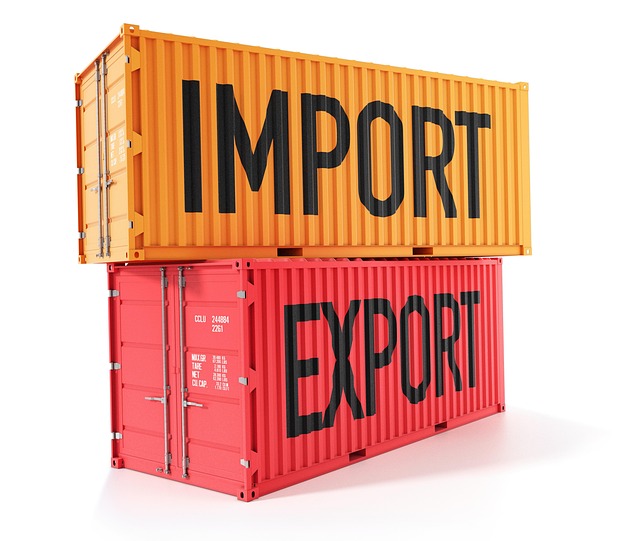
These innovative folding shipping containers work by employing a unique mechanical system that allows them to transform from a compact, space-saving structure to a full-sized cargo carrier. The container’s design incorporates specialized hinges and mechanisms that enable it to unfold and expand, providing ample interior space for loading and unloading. This mechanism ensures that the container can be easily folded back into its compact form when not in use, minimizing storage requirements.
The process involves careful engineering to ensure structural integrity throughout the transformation. Once unfolded, these containers offer the same robust construction and durability as their static counterparts, meeting international standards such as ISO regulations. This design flexibility makes them versatile, suitable for various applications, including short-term storage, transportation, and intermodal shipping. The ability to fold and unfold easily also streamlines logistics, making them a cost-effective solution for businesses in the cargo shipping industry, with options for rental or leasing from reliable suppliers and manufacturers.
Benefits and Applications: Transforming Logistics and Storage
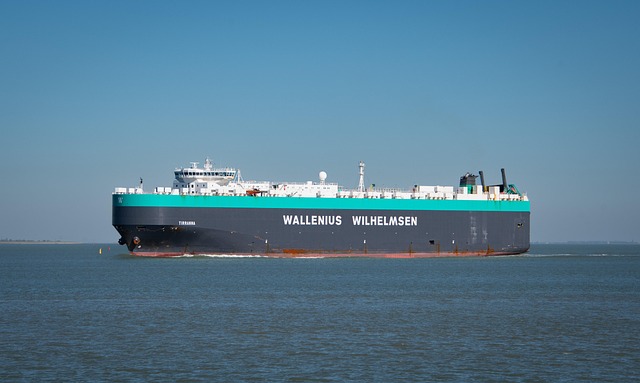
The introduction of foldable shipping containers represents a significant advancement in logistics and storage, offering numerous benefits that revolutionize intermodal shipping. These innovative solutions, often referred to as ISO shipping containers or sea shipping containers, provide an efficient way to manage space, especially in urban areas with limited real estate. When not in use, these containers can be easily folded, reducing their size significantly, allowing for compact storage and optimized utilization of available space. This is particularly advantageous for businesses involved in cargo shipping and storage operations, as it enables them to save costs by minimizing the need for dedicated storage facilities.
With their versatility, foldable containers cater to various applications, from short-term storage solutions during event management to long-term rental options for warehousing. Shipping container leasing and shipping container rental services have become popular choices among businesses due to their flexibility and cost-effectiveness. Moreover, these containers can be easily transported using standard shipping container transport methods, making them a convenient option for international trade and global logistics. The shipping container industry trends suggest a growing demand for such space-saving solutions, as businesses strive to optimize their operations and keep up with the ever-changing demands of modern supply chain management, all while considering cost-efficient storage shipping containers like these play a pivotal role in shaping the future of cargo transportation and warehousing.
Foldable shipping containers represent a significant leap forward in logistics and storage efficiency. By leveraging innovative design and engineering, these containers offer a space-saving solution that minimizes footprint when not in use. With their versatility and numerous benefits, foldable shipping containers are poised to revolutionize the industry, streamlining operations and optimizing resource utilization for businesses worldwide.
